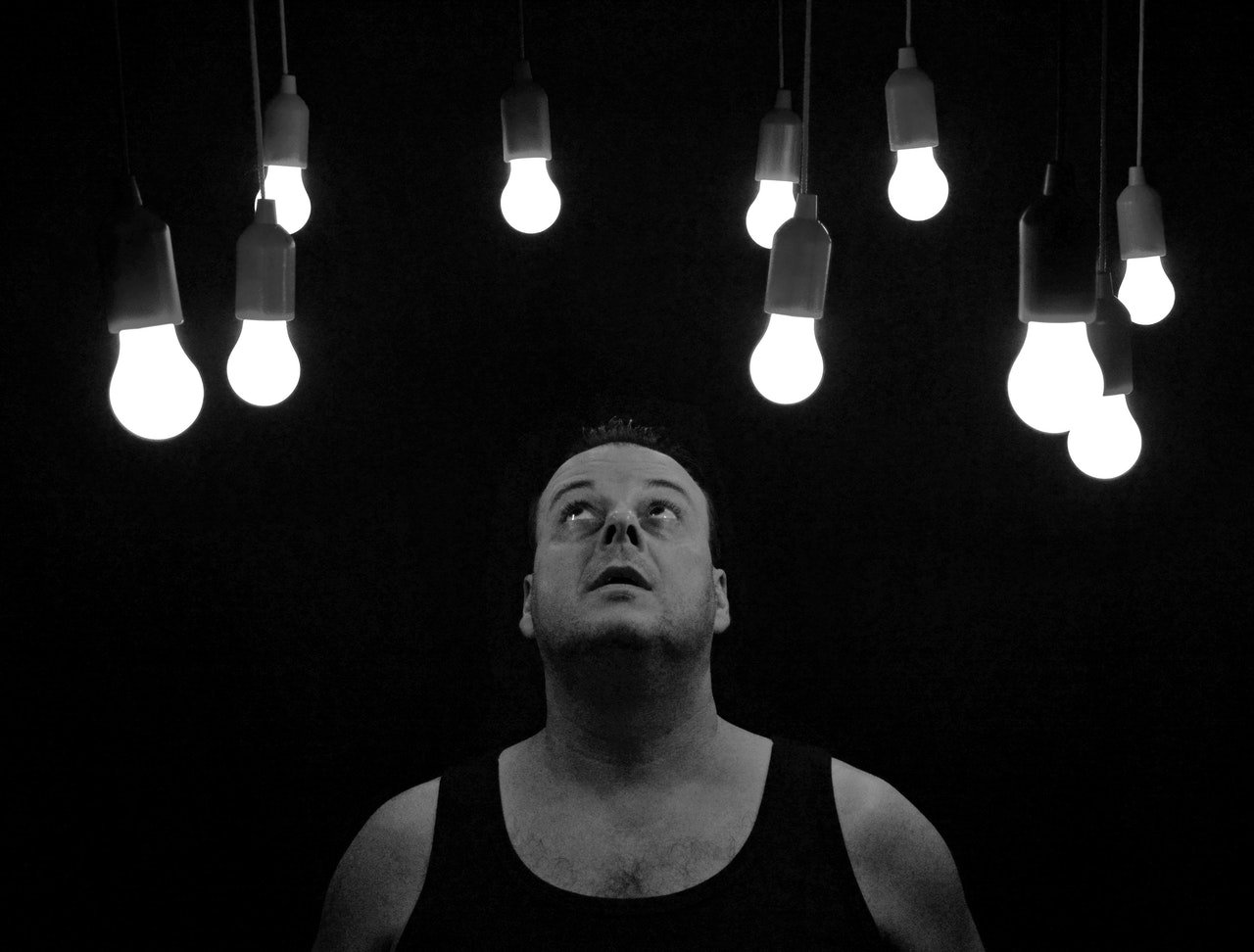Luck or Chance, A Great Enigma To Be Deciphered.

"To think that there are those who have a lot of luck is a mistake. Luck does not exist. Luck presents itself, when preparation meets opportunity."
And here is a very similar concept, taken from an article entitled "god's luck" (Degerencia.com, February 20, 2008). Its author is a Mexican lecturer and businessman with a brilliant resume. The first paragraph reads: Luck is a mixture of preparation, search for opportunities and perseverance. Nobody is born with luck; after eight years of deep research with hundreds of lucky and not so lucky people, Dr. Richard Wiseman, an English psychologist, has been able to show us that luck is a mixture of preparation, search for opportunities and perseverance. Richard Wiseman, English psychologist, collaborator of the BBC of London and the newspapers The Daily Telegraph and The Guardian, came to the conclusion that many people know how to attract and make the most of good fortune.
Based on this premise, and in my opinion, not everything has been said in relation to what we call luck, and I believe that many contemporary authors and motivators have been falling into simplistic or conceptual redoubts that are counterproductive. Because there is an unbridled eagerness to come up with answers tailored to everyone, skeptics and believers, rich and poor, pragmatists and superstitious, ignorant and educated.
For some, luck is the pretext for losers; others say that luck is for those losers who have no other recourse but to wait for blessings and success to come to them by divine design. For some, on the contrary, the representation of luck is linked to a positive perspective and they believe that luck blesses prepared minds or that luck is the word God uses when he wants to remain anonymous.

Photo by Andrea Piacquadio in Pexels
Other tendencies clothe luck with jocular and ironic elements... as for example this anonymous one I came across: Lucky is that having parents as ugly as mine, I turned out so handsome. I think that throughout our lives, we have always felt the presence or absence of luck. We have seen luck as an entity in itself, to which we attribute great powers, but luck ends up being a set of facts subject to the law of possibilities, which are then soaked in a good dose of emotionality.
Without emotions, I am sure that the word luck would have another meaning, perhaps less mystical and less magical. Sigmund Freud and Jean Paul Sartre qualified the belief in luck as a false idea. However, they found in it a good potential for developing a positive mental attitude.
Determinable luck is the most sublime category in chance, simply because it enlarges before luck, or spontaneous bad luck, absorbs it, molds it and transforms it. Did Beethoven know the astronomical power of the Law of Attraction? I doubt it, I doubt it very much in fact, he was the son of a drunken and brutal father, of a mother who died at a very early age. His biological brother never helped him in any way.
At a certain time he fell into a terrible emotional prostration, provoked by the death of a German prince who was like a father to him. His deafness began to worsen and noticing that no one understood him or helped him, he withdrew and isolated himself. In those days he wrote a will in which he declared that he wished to end his life.
The indeterminable causality made him meet a blind girl who lived in the same modest boarding house, and on one occasion, she shouted to him: I would give anything to see a moonlit night! Beethoven stared at her and burst into tears. That moving encounter induced him to compose the famous Moonlight Sonata, a piece of music of incomparable beauty.
Experts say that the melody imitates the slow steps of the afflicted people, and that the three notes that are repeated insistently in the first movement are equivalent to the words because in German... That composition gave Beethoven back his will to live and some time later he wrote the Hymn of Joy, in which he expresses his gratitude to God and to life for not having committed suicide.
Like Beethoven; many great men of history, I bring as an example the case of Abraham Lincoln was sunk in failure, in several of his performances in the world of politics he was defeated, however none of this prevented him from becoming one of the most admired heads of state of all time. Lincoln triumphed without a star and in spite of all the pains without a milky way, he had no idea of what strength was (he only knew the strength of his character). That same strength that led him to become the great leader who would lead his nation to unity, progress and modernity.

My fellow readers, what do you think?, does luck exist or not, or is it all a matter of causality?

